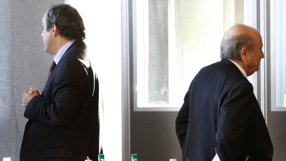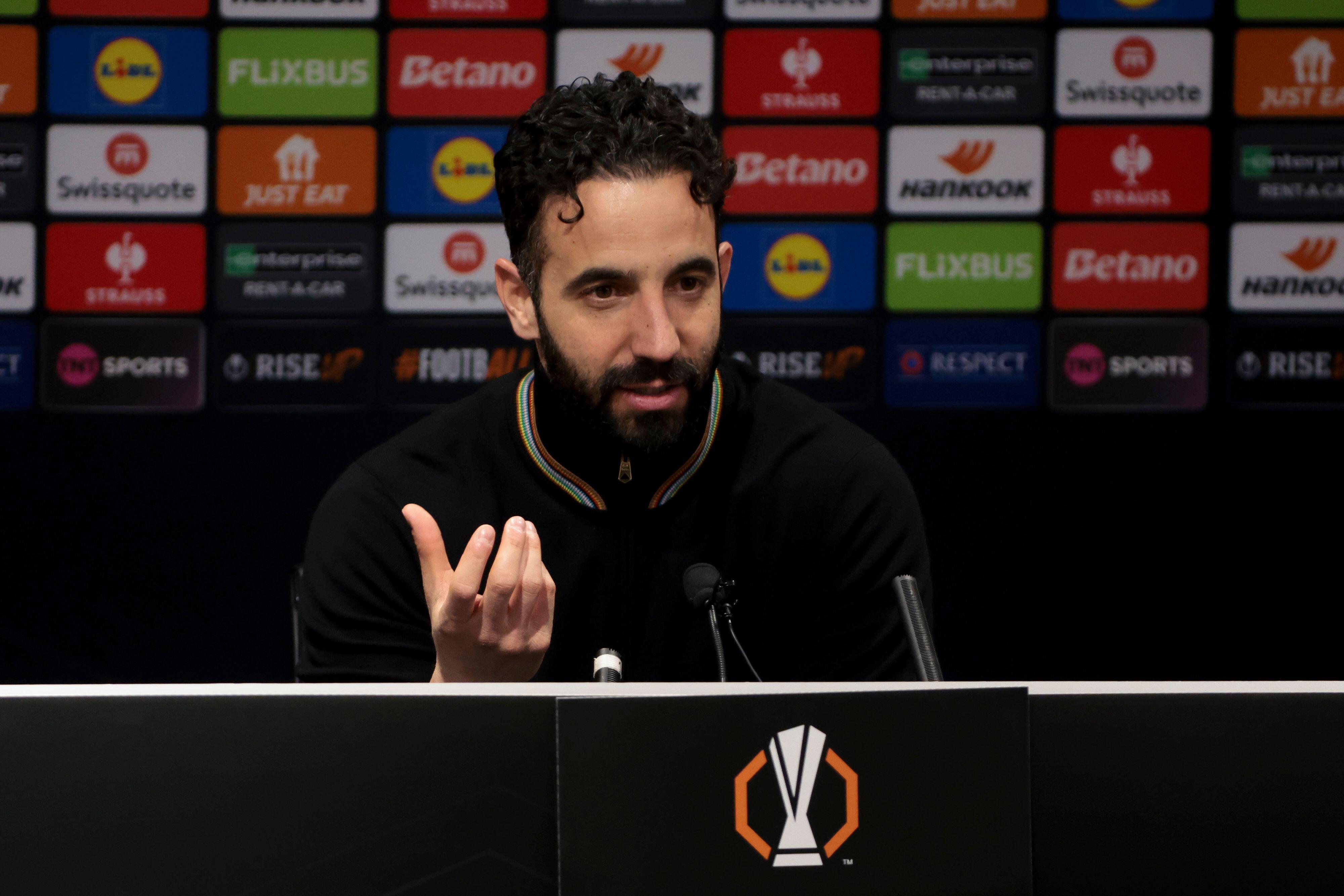Blatter says FIFA will ignore EU to push for quotas
FIFA president Sepp Blatter vowed on Monday to press ahead with controversial plans to restrict the number of foreign players in club soccer despite continued opposition from the EU Commission.

Blatter, whose '6+5' rule would limit teams to just five foreigner players in their starting line-ups, said he had been "satisfied" by an informal meeting in Biarritz that brought together top sports officials and European sports ministers.
Ministers signed a joint declaration to "encourage further discussion on initiatives put forward by international federations to encourage the teams... to develop the presence of athletes capable of qualifying for national teams, in compliance with EU law."
In a statement released by FIFA on Monday Blatter said that "the unanimous support of the ministers and their desire for dialogue point towards a bright future for the Olympic and sporting movement."
He added that he was "equally delighted by the unanimous agreement voiced by the 27 European sports ministers on the need for dialogue and discussion of the "6+5" rule while respecting its compatibility with EU law."
LESS POSITIVE
The EU Commission, which oversees EU law, has been less positive however in its interpretation of '6+5' and its compatibility with EU labour laws governing the free movement of workers within the bloc.
In a written statement sent to Reuters earlier on Monday, Commissioners Jan Figel and Vladimir Spidla said they sympathised with FIFA's concerns but "differ about the means to achieve it."
Get FourFourTwo Newsletter
The best features, fun and footballing quizzes, straight to your inbox every week.
The statement added: "Our position is clear: FIFA's '6+5' rule is based on direct discrimination on the grounds of nationality and is thus against one of the fundamental principles of EU law."
The Commissioners have also expressed scepticism over proposals by European soccer's governing body UEFA to ban the international transfers of players aged under 18.
While again expressing sympathy for the underlying aims of the proposals championed by UEFA president Michel Platini, Figel and Spidla said such a ban could "constitute indirect discrimination... and be disproportionate in light of the objectives pursued."
